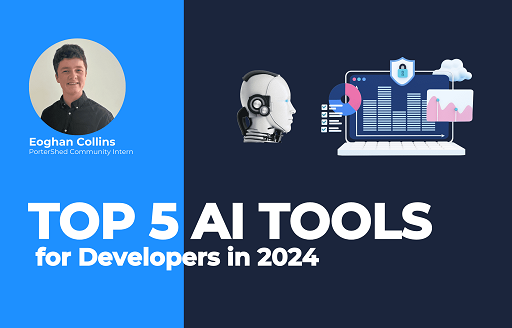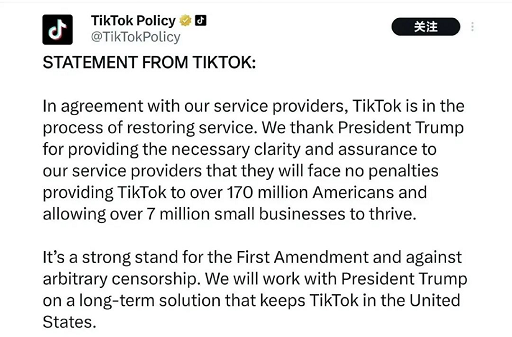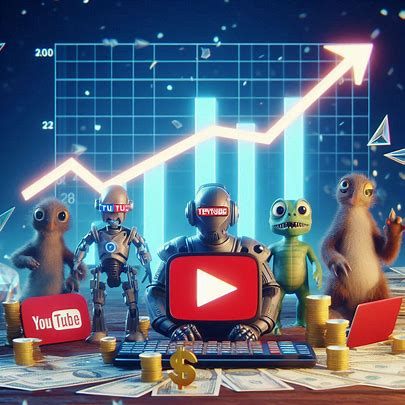Artificial Intelligence (AI) continues to revolutionize various industries, offering innovative solutions and enhancing productivity. In 2024, several AI tools have emerged as leaders in their respective fields. Here, we explore the top five AI tools, delving into their introduction, history, details, and reasons why they stand out.

1. ChatGPT
Introduction: Developed by OpenAI, ChatGPT is a versatile AI chatbot based on a large language model (LLM). It is designed to generate human-like text, answer questions, and assist with various tasks.
History: ChatGPT is part of the GPT (Generative Pre-trained Transformer) series, which began with GPT-1 in 2018. Each iteration has seen significant improvements in language understanding and generation. ChatGPT, specifically, has evolved through multiple versions, with the latest being GPT-4, which offers enhanced capabilities and performance.
Details: ChatGPT excels in natural language processing (NLP), making it ideal for customer support, content creation, and personal assistance. It can understand context, generate coherent responses, and even engage in complex conversations. Its applications range from chatbots and virtual assistants to content generation and language translation.
Why It Stands Out: ChatGPT’s widespread adoption and continuous improvements make it a go-to tool for businesses and individuals alike. Its ability to handle diverse tasks with high accuracy and its integration into various platforms have made it indispensable. Over 92% of Fortune 500 companies use ChatGPT for various applications, highlighting its reliability and effectiveness.
2. Claude AI
Introduction: Created by Anthropic, Claude AI is known for its ethical considerations and focus on safety. It is designed to handle text-based tasks, coding, infographics, and chart creation.
History: Anthropic, founded by former OpenAI researchers, launched Claude AI with a mission to create AI systems that are aligned with human values. The tool has undergone several updates, with the latest version, Claude 3.5 Sonnet, being praised for its performance and ethical design.
Details: Claude AI offers a range of functionalities, including text generation, data analysis, and visualization. It is particularly noted for its ability to create detailed infographics and charts, making it a valuable tool for researchers, educators, and business professionals.
Why It Stands Out: Claude AI’s emphasis on human values and reliability, along with its impressive performance, makes it a popular choice. Its ethical design ensures that it operates safely and responsibly, addressing concerns about AI’s impact on society.
3. Google Gemini
Introduction: Formerly known as Bard, Google Gemini is a collaborative chat tool that sources information from the web. It uses Google’s own LLMs, LaMDA and PaLM 2, to provide accurate and up-to-date information.
History: Google Gemini evolved from Google’s earlier AI projects, including Bard and the LaMDA language model. The rebranding to Gemini reflects its enhanced capabilities and integration with Google’s vast resources.
Details: Google Gemini excels in research and collaboration, offering real-time information and insights. It can answer questions, provide summaries, and assist with various research tasks. Its integration with Google’s ecosystem makes it a powerful tool for academics, professionals, and students.
Why It Stands Out: Google Gemini’s ability to provide accurate, real-time information and its seamless integration with Google’s resources make it a standout tool. Its collaborative features and extensive knowledge base are particularly valuable for research and academic purposes.
4. Synthesia
Introduction: Synthesia is an AI video creation tool that transforms text into engaging videos. It offers a wide range of AI avatars and supports multiple languages.
History: Synthesia was founded in 2017 with the goal of making video production more accessible and efficient. Over the years, it has developed advanced AI algorithms that enable the creation of high-quality videos from simple text inputs.
Details: Synthesia offers over 140 AI avatars and supports 120+ languages, making it a versatile tool for global audiences. It is widely used by marketers, educators, and content creators to produce professional-quality videos quickly and easily.
Why It Stands Out: Synthesia’s ease of use and ability to create professional-quality videos quickly make it ideal for various applications. Its support for multiple languages and diverse avatars allows for personalized and engaging content creation.
5. Notion AI
Introduction: Notion AI enhances the popular productivity tool Notion by adding AI capabilities. It assists with project management, note-taking, and content creation.
History: Notion, launched in 2016, has become a popular productivity tool for individuals and teams. The integration of AI capabilities in 2023 marked a significant enhancement, allowing users to leverage AI for various tasks.
Details: Notion AI helps streamline workflows by automating repetitive tasks, generating content, and providing insights. It integrates seamlessly with Notion’s existing features, making it a powerful tool for project management, note-taking, and collaboration.
Why It Stands Out: Notion AI’s seamless integration with Notion’s existing features and its ability to enhance productivity make it a valuable tool for teams and individuals. Its versatility and ease of use have made it a favorite among professionals and students alike.
These AI tools are transforming various industries by improving efficiency, enhancing creativity, and providing powerful solutions to complex problems. Whether it’s generating human-like text, creating engaging videos, or streamlining workflows, these tools are at the forefront of AI innovation in 2024. Each tool stands out for its unique features, history, and the value it brings to users, making them indispensable in today’s digital landscape.
Which of these tools are you most interested in exploring further?



